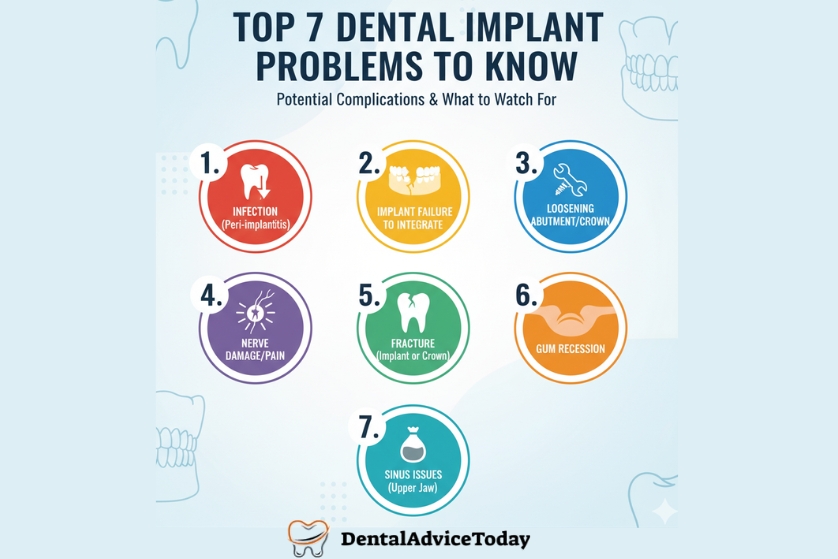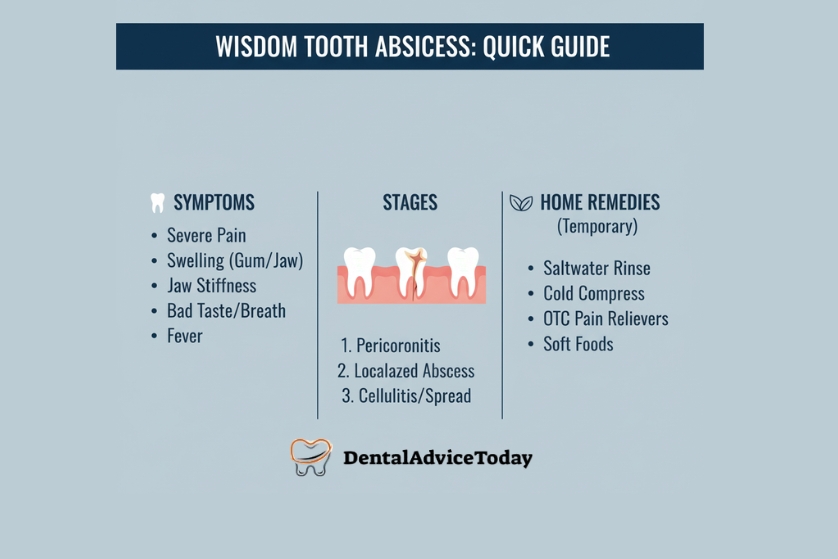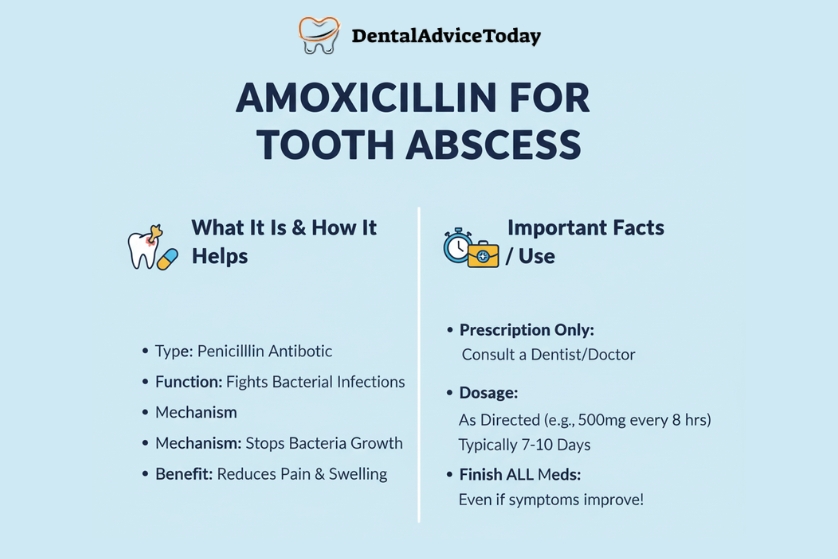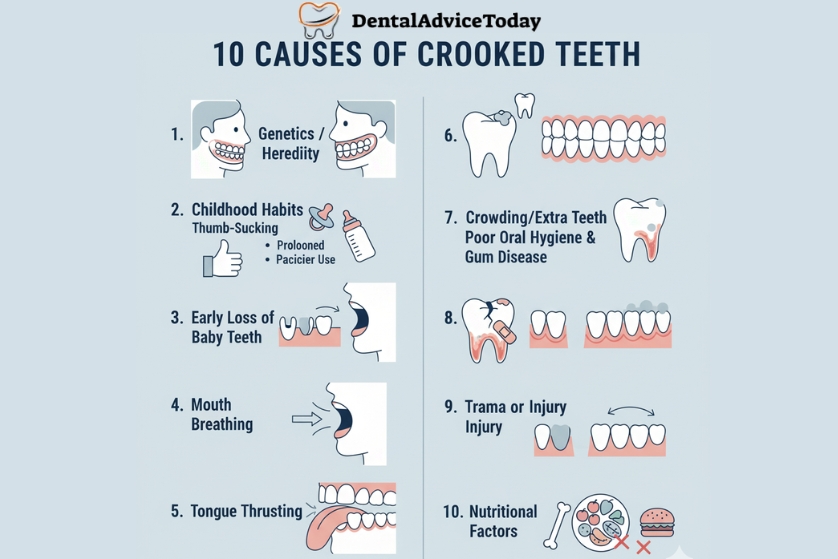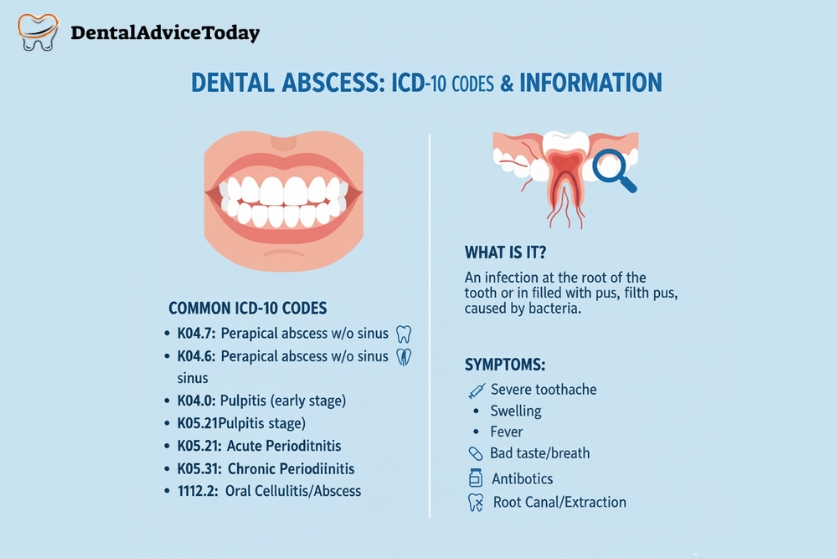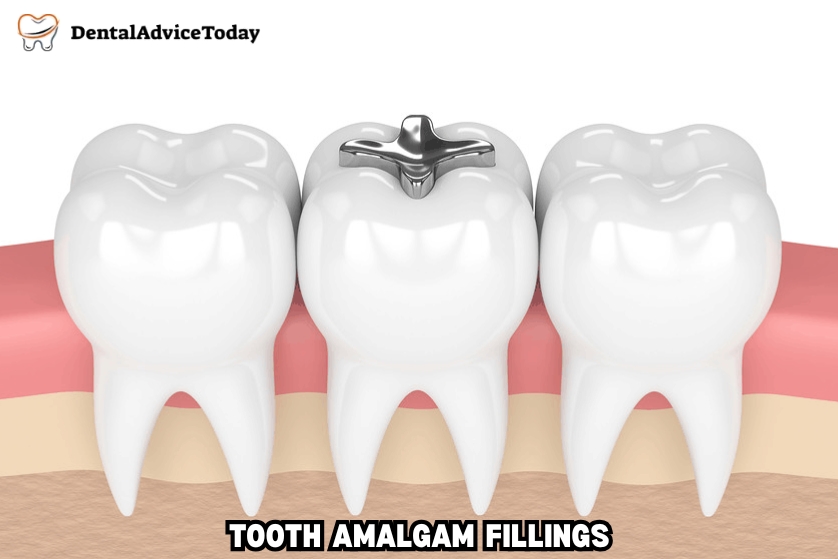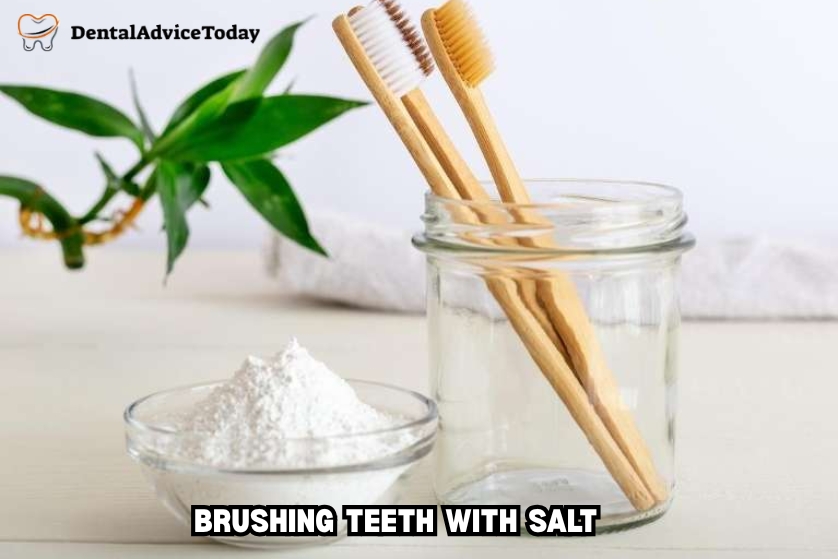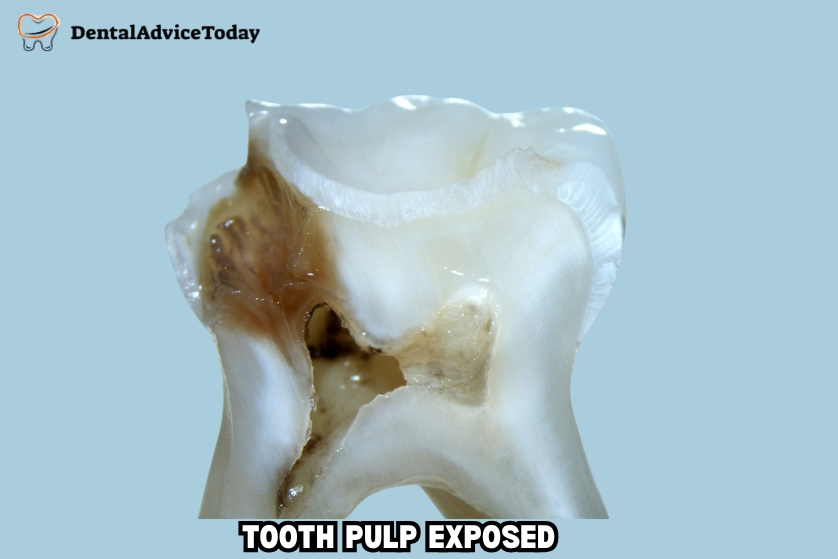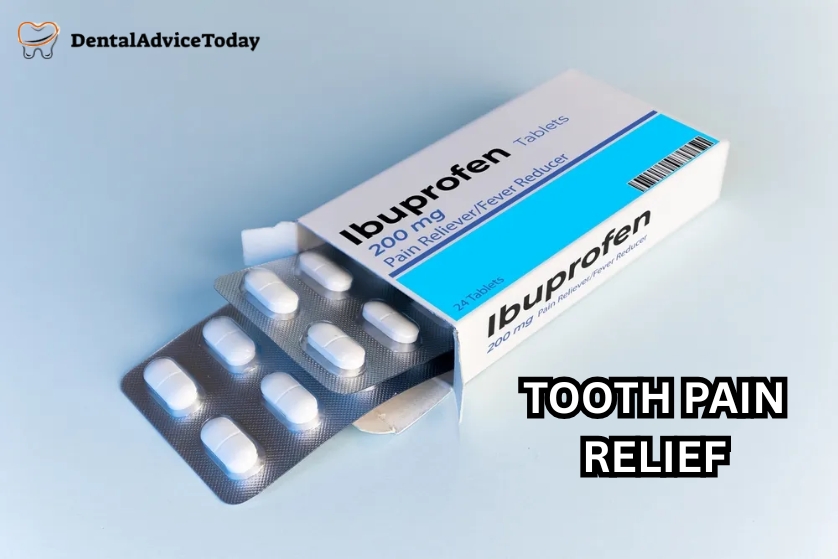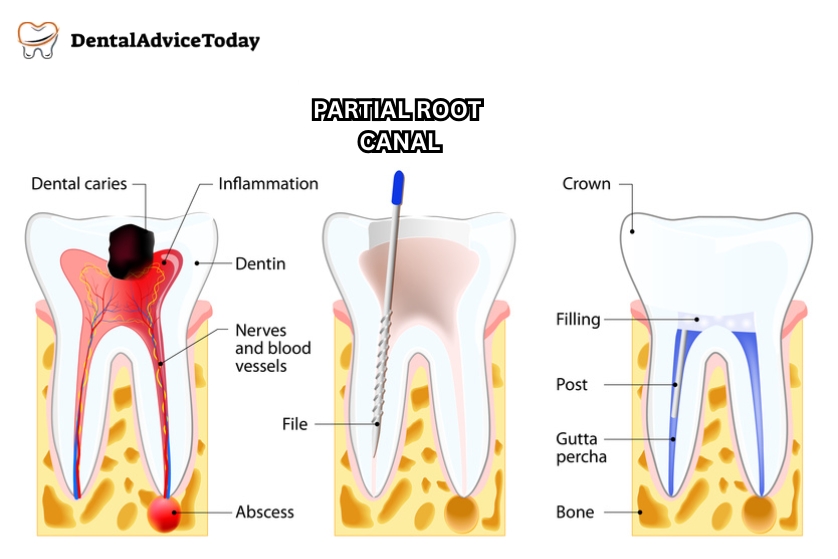Have you ever wondered why my teeth hurt while sick? The typical symptoms that you expect are a runny nose and a cough. It is a strange and confusing pain, as you are not expecting it. The tooth discomfort during colds, flu, or sinus problems is observed by many people in the US.
It is because it is just so simple, your teeth and your body are related. As your body is weak due to sickness, your mouth feels the same. Let’s know the reason why this takes place and how you can feel better.
Why Do My Teeth Hurt While Sick?
When you are sick, your teeth are sore because the disease is not just in one part of your body. This swelling causes your upper teeth to be pressed when you have an upper tooth infection, such as a cold or sinus infection. The teeth are also sensitive to fever and body inflammation.
The problem is also worsened by dry mouth due to dehydration or drugs. In some cases, teeth grinding is caused by stress due to sickness. All these problems interact and cause pain in your teeth. The good news is that in most instances, this discomfort passes once you recover.
Is It Normal When Teeth Hurt While Sick?
It is natural when you feel pain in your tooth while you are sick. You might experience this when you have sinus infections or the flu. The pain usually extends to your face or jaw, as there is a connection between the nerves of these parts. This is not necessarily the case that there is something wrong with your teeth.
The body responds differently to illness and becomes more sensitive to pain. However, when the pain extends beyond your illness or it is very severe, then visit a dentist, and they can eliminate dental issues.
Causes of Tooth Pain While Sick
The following are the most widespread causes of pain in the tooth when you are ill:
- Sinus pressure: Swollen sinuses make contact with the roots of your upper teeth.
- Nasal stuffiness: Stuffy noses are caused by blocked airways that build up pressure in your head and face.
- Inflammation: Swelling of the body causes pain in your teeth and gums.
- Fever: High temperature increases the sensitivity of the tooth nerve.
- Dehydration: Water loss decreases saliva and makes the teeth sensitive.
- Coughing and sneezing: There is always a strain on your teeth and jaw.
- Teeth grinding: Grinding at night can be a result of stress during illness.
- Weakened immune system: Your tissues in the mouth have a slow rate of healing.
- Drug side effects: Cold medicines frequently lead to dry mouth.
- Lack of oral care when ill: Lack of brushing or flossing makes teeth more painful.
- Stuffy head: The pressure on the forehead and cheeks extends to the roots of teeth.
- Blocked ears: In some cases, the ear pressure may be similar to a toothache.
- Body fatigue: Fatigue causes pain to be even greater than usual.
Signs of a Tooth Infection While Sick?
Here are signs that suggest a real tooth infection, not just sickness:
- You feel sharp, constant pain in one tooth that does not ease
- Swelling develops around your gums, cheek, or jaw area
- You notice pus or a bad taste coming from your gums
- Tooth pain gets worse when you bite or chew food
- Gums near the tooth become red, swollen, or tender
- Your face feels painful when you press near the infected area
- A small bump forms on your gums close to the hurting tooth
- You get a fever that does not go away with rest or medicine
When should you visit a dentist?
You should visit a dentist in these situations:
- The tooth pain does not stop after your sickness ends
- The pain increases every day instead of getting better
- You see swelling in your gums, cheek, or jaw
- You notice pus, bad taste, or a bump on your gums
- Chewing food becomes painful or uncomfortable
- One tooth feels sharp pain, while others do not
- Painkillers do not give relief from the toothache
- You have a fever along with strong tooth pain
Prevention Tips: Teeth Hurt While Sick
- Drink enough water every day to avoid dehydration
- Use a humidifier at night to reduce dryness in your mouth and nose
- Brush and floss daily, even when you feel tired from sickness
- Rinse with warm saltwater to calm your gums and teet
- Take decongestants to reduce sinus pressure
- Avoid very hot or very cold drinks that trigger sensitivity
- Rest well so your immune system stays strong
- Relax your jaw to prevent teeth grinding during stress
- Eat soft foods that are easy to chew when you are unwell
- Visit your dentist twice a year for checkups and cleaning
Conclusion
Pain in the tooth during sickness may be unexpected and frustrating, yet very normal. The pressure usually creates pain due to the sinus or inflammation of the whole body. The allergies and sinus infections cause this discomfort. The discomfort tends to clear after recovery. Nevertheless, it is supposed that once it lasts, gets more serious, or shows any signs of an infection, you should see a dentist as soon as possible. When you are sick and resting and hydrating your body, it is important to take care of your mouth so that your teeth will be safe and you will recover faster.
FAQs
Does staying hydrated protect your teeth while sick?
Being hydrated keeps your teeth safe when you are sick. Water keeps your mouth wet, aids in the movement of saliva, and removes bacteria. This is to avoid dry mouth, decrease the sensitivity of the teeth, and allow your body to heal faster. It decreases the amount of discomfort, including the pain in your teeth.
How can you reduce tooth pain when you are sick?
To relieve the pain in the teeth, you can sleep properly and keep your mouth clean. Take warm water baths and keep a humidifier. Sinus pressure is decreased by over-the-counter analgesics, which are used to combat temporary discomfort.
Is tooth pain while sick usually temporary?
Yes, it is generally temporary tooth pain when you are sick. It is either sinus pressure, dehydration, or fever. Your sickness goes away, and the pain goes, too. In case of more than a week of recovery, you need to visit your dentist to have a good check-up.
Do colds and the flu cause toothaches?
Toothaches can be caused by colds and the flu. Mucus accumulation and swelling of the sinus push on your upper teeth. Discomfort is aggravated by fever, which is very sensitive. In most cases, the pain mostly disappears when one is healed. In case it persists, you need to consult your dentist.
